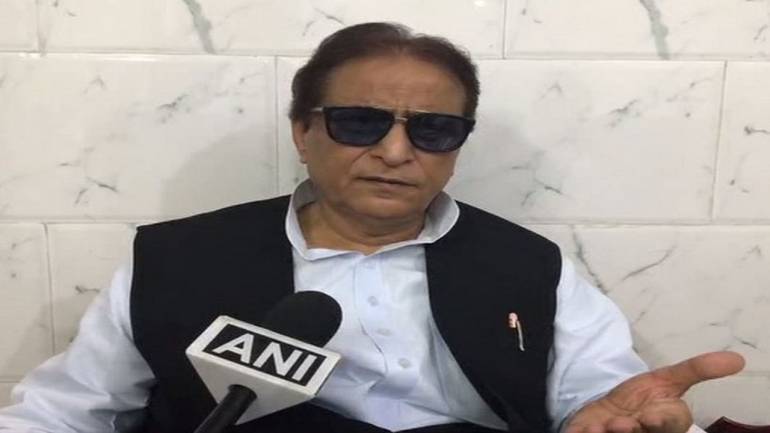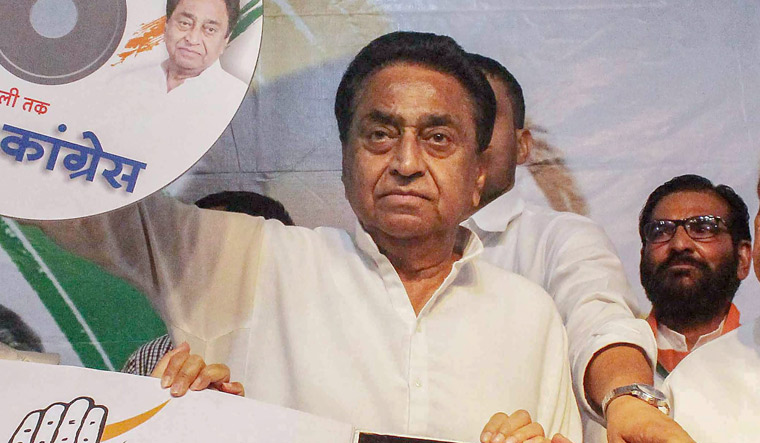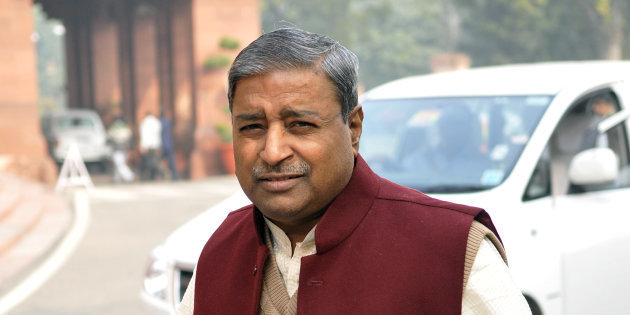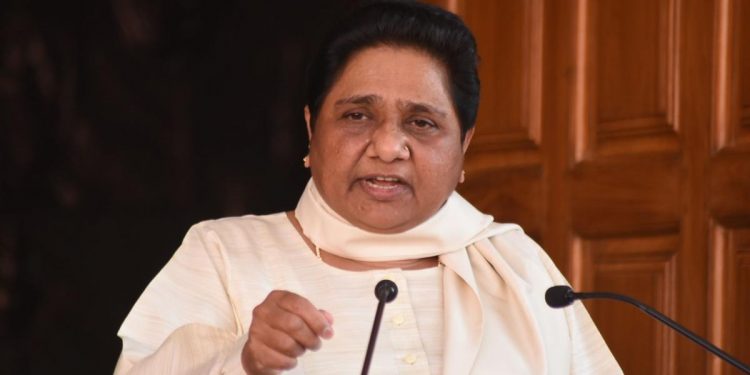New Delhi: As the poll fever rises, many politicians have stooped so low that the political narrative is sometimes hitting below the belt.
While the league of such inglorious men and women has got the usual blabbermouths like Azam Khan of the Samajwadi Party (SP) commenting on the colour of a rival’s ‘underwear’, there are also hardened politicians like Kamal Nath of the Congress making remarks about the time when the Prime Minister is yet of the age to learn wearing trousers.
Campaign managers working with different political parties said often such controversial remarks are strategically made, including at the behest of rivals for obvious gains, to polarise voters and they are circulated widely through a well-designed social media publicity mechanism. In such cases, even a disciplinary action suits a narrative built on negativity, one such ‘strategist’ said.

Khan, who was slapped with a campaign ban by the Election Commission (EC), after an FIR by the UP police and a notice from the National Commission for Women, has remained unapologetic. He has said that he had not taken any name in his remarks. But it was quite evident that he was targeting actor-politician Jaya Prada with the jibe.
Earlier, Jaya Prada had accused Khan of circulating her morphed, indecent pictures when she was in the SP, while another leader from the party had retorted that he once waited while her motorcade was passing by, hoping that she would come out and do a ‘thumka’ (dance step).
UP CM Yogi Adityanath, Union minister Maneka Gandhi and BSP supremo Mayawati also faced the EC ban announced Monday, but no apology has come forth from any of them.
Despite a police complaint, Himachal Pradesh BJP chief Satpal Singh Satti has said he did nothing wrong in repeating a message that used a cuss word for Congress president Rahul Gandhi to counter his ‘chowkidar chor hai’ (the watchman is a thief) attack against Prime Minister Narendra Modi.

Nine-time MP Nath, who is facing a relentless attack from the BJP ever since I-T raids were conducted on some of his kin and aides, has sought to hit back at the Prime Minister’s nationalistic poll pitch by saying the country’s defence forces were being fortified by Congress PM’s Jawaharlal Nehru and Indira Gandhi when Modi was yet to ‘learn how to wear pants and pajamas’.
Down south, Kerala BJP chief PS Sreedharan Pillai came under attack from other parties for allegedly stating at a rally that Muslims can be identified by removing their clothes, an apparent reference to the practice of circumcision. He has denied making the comments, despite a video of his speech doing the rounds on the social media.

Another BJP leader, Vinay Katiyar, has allegedly asked whether UPA chairperson Sonia Gandhi whether she would be able to prove to Rahul that his father was former Prime Minister Rajiv Gandhi.
Earlier, Katiyar had also targeted Priyanka Gandhi Vadra. He had said that she had no need to enter politics as there were many more beautiful star campaigners in the game already. Priyanka had reverted strongly, stating the comments reflected the BJP’s mindset towards women.
In Mumbai, actor-turned-politician Urmila Matondkar became a target of sexist remarks soon after stepping into electoral politics, with a sitting MP, Gopal Shetty, saying she has been given ticket because of her looks. Matondkar has been trolled for her inter-faith marriage, while she has also been accused of making ‘anti-Hindu remarks’, which she has denied.
“Hate speeches have become the main fodder for social media campaigns of all major parties. At times, such strategies are made for individual leaders, while in some cases, it is done at the party level,” said one ‘poll strategist’ who has worked for two different parties in different elections and is now advising multiple politicians in separate states for the ongoing Lok Sabha polls.
While most campaign managers declined to be named, independent political communications consultant Anup Sharma, who is mentoring a group of researchers working on a democratic sustainability think-tank, the ‘Lentils Institute’, said political parties need to realise that the voters, especially the youth, are well informed today and they care about real issues like jobs and development.
Sharma, who has worked on the campaigns of several senior leaders cutting across party lines, said some politicians are habitual venom-spewing motor-mouths while a few are ill-equipped to deal with the pressure of speaking without an agenda.
“I am told that a lot many campaign managers actually tell political leaders to make controversial remarks, especially those which have the potential to polarise voters on the basis of caste and religion,” Sharma stated.






































